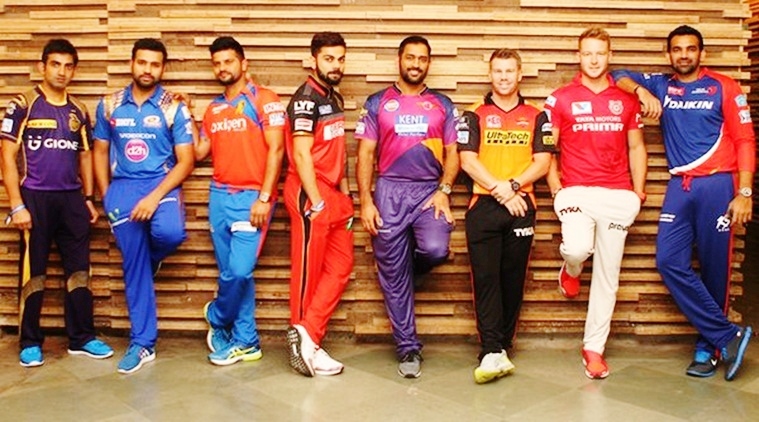New Delhi, June 2: In his book ‘Not Out! The Incredible story of the Indian Premier League’, noted sports lawyer Desh Gaurav Sekhri has given a detailed account of the achievements, controversies and scandals surrounding the most lucrative domestic cricket tournament in the world.
Since its inception in 2008, the cash-rich T20 competition has attracted brickbats and bouquets in equal measure.
A heady cocktail of cricket, Bollywood and entertainment, the IPL has run into trouble in recent years due to allegations of match-fixing and corruption. The IPL has also suffered a loss of popularity in recent years, with the 2015 and 2016 editions registering much lower television viewership ratings than previous years.
Sekhri has accurately pinpointed poor management by the Board of Control for Cricket in India (BCCI) as the reasons behind the controversies and corruption scandals plaguing the IPL. While giving the BCCI due credit for the success and popularity of the IPL, Sekhri opines that the cash-rich tournament could have been much better if not for poor management by the board.
Sekhri also observes that the spot-fixing and corruption scandal of 2013 that ultimately forced then BCCI chief N. Srinivasan to step down, had a tremendous negative effect on the IPL and led to loss of popularity.
The controversy eventually set in motion a sequence of events that led to the Supreme Court appointing the Justice R.M. Lodha committee to clean up cricket administration in the country. The Lodha committee put forward several far reaching recommendations, including a radical overhaul of the BCCI itself.
But Sekhri is not totally against the IPL. Far from it!
Rather, he staunchly believes that the IPL has a bright future. He is a believer in the potential of the league and laments that it has been squandered by the BCCI officials due their narrow self-interests.
The author lists out several suggestions to improve the way the IPL is being run. Among his suggestions are privatisation of the league and letting the franchises have a say in administration as they are the ones taking all the risk.
He also suggests that the players’ auction should be replaced with a players’ draft, similar to sports leagues in the US. According to Sekhri, a players’ draft will be more efficient than an auction and would better serve the purpose of a level playing field.
The author has also asserted that the IPL is not a proper league unlike leagues in other sports like football or baseball in Europe and north America. According to Sekhri, since the IPL does not follow the system of relegation wherein a multi-tier league system rewards teams for improvement in performance, it cannot be called a league in the strictest sense of the word.
He also opines that adopting the system of minor leagues followed by several sports in north America will help improve the quality of domestic T20 talent.
Sekhri also feels that the Indian Super League (ISL) — a franchise-based league set up by the All India Football Federation (AIFF) — has set up better governance parameters than the IPL.
The book is a must-read for cricket fans looking to get a clear perspective and insight into how the IPL is governed, what it could have achieved and its future potential.

